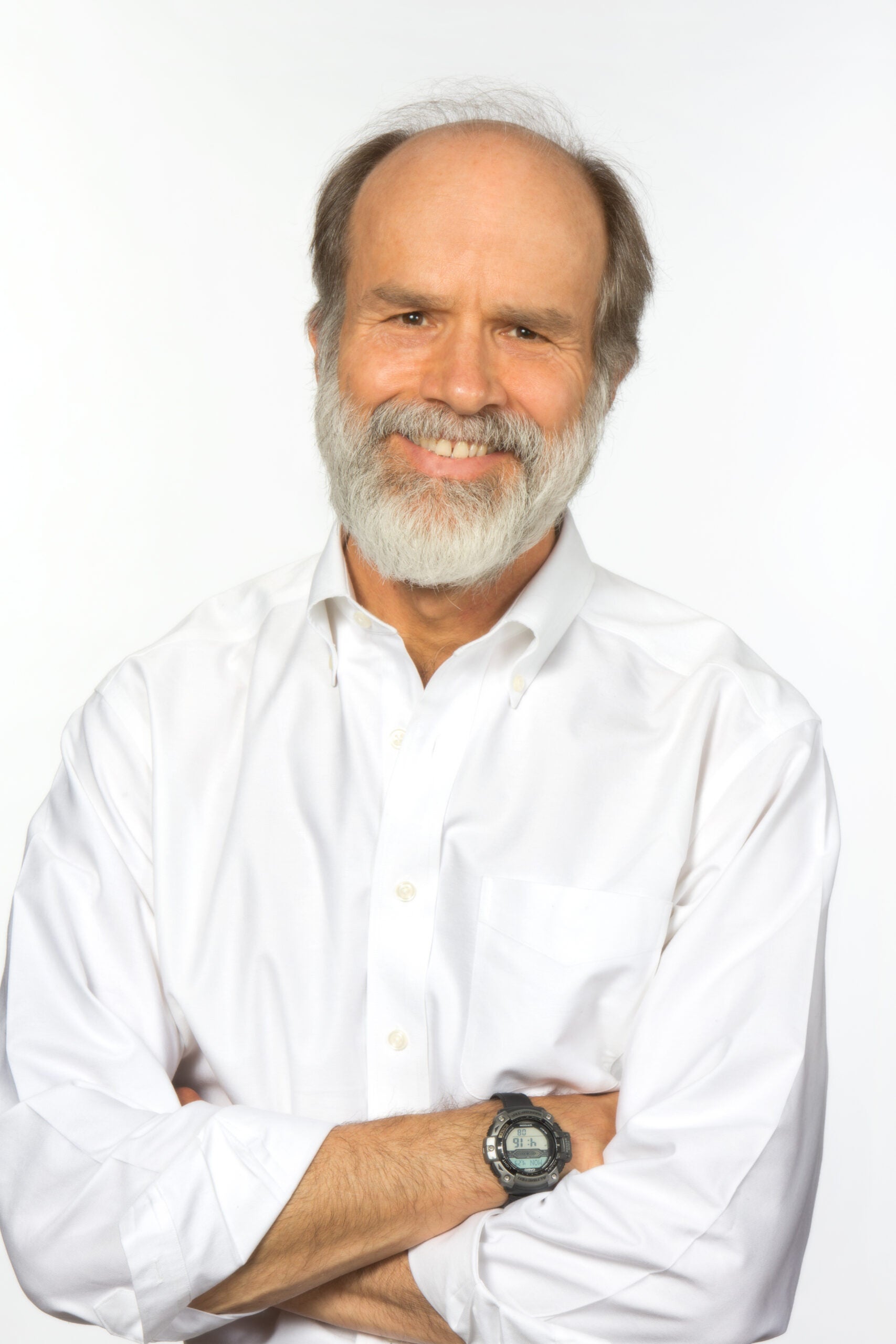Post Date: November 3, 2006
No one can accuse Harvard Law professor J. Mark Ramseyer of having modest goals in his latest book “The Fable of the Keiretsu: Urban Legends of the Japanese Economy,” published this year by Chicago University Press.
Ramseyer and his co-author, University of Tokyo economist Yoshiro Miwa, set out to disprove nearly every widely held assumption about the Japanese economy. For starters, they debunk the idea that “keiretsu,” or insular business alliances among powerful corporations, like Mitsubishi, dominate the Japanese economy.
“[The] collective vision of Japan is a mirage,” they write. “It is not biased or exaggerated or misleading. It is fictitious.”
Ramseyer admits he, too, took many assumptions for granted at the start of his career. But he was never comfortable with economic theories built on one of those assumptions–Japanese exceptionalism.
“I grew up there and went to Japanese public schools until sixth grade and it never struck me as a different world,” says Ramseyer, whose parents settled in Japan as missionaries. So when Miwa, whom Ramseyer describes as a “brilliant economist,” suggested to him that they take a hard look at some assumptions together, he quickly agreed.
In addition to challenging the idea of the keiretsu, the book deflates the powerful image of the “zaibatsu” empires–four families long thought to have “wheeled, dealed and bribed” their way into economic domination before World War II.
As for the idea that in more recent times Japanese businesses have relied on a single “main bank” for financing, the authors say it’s just as realistic as the story of the lost city of Shangri-la. They also refute the notion that the Japanese government skillfully engineered the post-war economic miracle, and they rebut the popular view that poor corporate governance caused the 1990s recession.
Although many of the conclusions in “The Myth of the Keiretsu” are startling to Western audiences, many Japanese readers have reacted with a yawn.
“It was no great surprise,” Ramseyer says. “It’s more the American academics who are wedded to these stereotypes, who get upset.” The myths, say the authors, tell us more about what was convenient for Westerners to believe. They also served the needs of Marxist scholars who dominated Japanese social science departments.
Later, American scholars (many of whom did not speak Japanese) relied on the narrow range of translated Japanese scholarship for their research. Ramseyer says a lack of cultural understanding also played a role. American observers, he says, bought into the notion that Japan’s Confucian culture rendered its people obedient and non-confrontational. “When big money is at stake,” he explains, “people tend to respond pretty much the same everywhere. Economics is about working through the implications.”
Ramseyer says there are still more legends he wouldn’t mind challenging. “But people might get tired of me,” he quips. “There goes Ramseyer, going after another stereotype again.”
